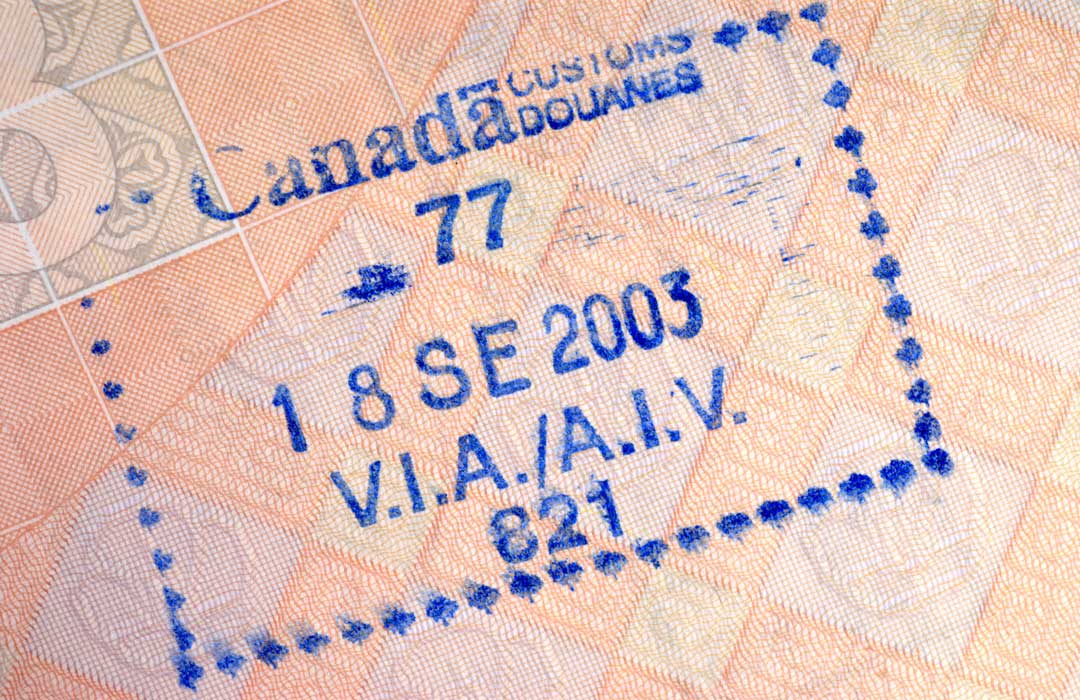
Tax impacts of leaving Canada to live elsewhere.
You must carefully consider numerous tax impacts before deciding to leave Canada to live elsewhere.
Analyzing the termination of your tax residence is a question of fact. Generally, the Canada Revenue Agency will consider that you have left Canada if you sever your residential ties with Canada to create new ones in the host country.
Analyzing your residential status generally involves examining your significant and secondary residential ties.
Significant residential ties are:
- The location of your dwelling place;
- The location of your spouse’s and dependents’ dwelling place.
Secondary residential ties include:
- Economic and social relations with Canada (such as employment, financial accounts, interests in Canadian companies, social and recreational activities);
- Personal property in Canada (such as furniture, clothing, automobiles);
- Other ties include medical insurance coverage, driver’s license, etc.
Severing Ties with Canada, the Tax Implications
Departure tax
When you leave Canada, you are deemed to dispose of all of your property at its fair market value immediately before you cease to reside in Canada (even if you have not sold it). This deemed disposition triggers a departure tax on the gain accrued on this property before your departure.
Some property is expressly excluded from the deemed disposition rule, such as your residence, pension plans (including RRSPs and RRIFs), RESP and stock options.
Home Buyers’ Plan
If you withdrew funds from your RRSP as part of the Home Buyers’ Plan (HBP), the balance is payable at the earliest of the following two dates:
- Before the date you file an income tax return for the year you become a non-resident;
- 60 days after leaving Canada.
What do I need to do before leaving Canada?
1. List your property at the time of departure from Canada
If the fair market value of the property you own when you leave Canada is more than $25,000, you have to report this property to the Canada Revenue Agency or, failing this, you could be liable for a penalty of up to $2,500.
Some property is excluded from the mandatory reporting requirement, including:
- Cash;
- Pension plans (including RRSPs and RRIFs);
- RESPs;
- Personal use property (such as clothing, household effects, and automobiles) has a fair market value of less than $10,000.
2. Notify Canadian payers of your change of tax residence status
Suppose you plan to keep financial accounts in Canada that generate a passive income (interest, dividends). In that case, you need to notify your financial institutions of your non-resident status so they can ensure appropriate deductions at source are made on income paid after you leave Canada and issue the proper tax slips at year-end.
3. Repay your Home Buyers’ Plan balance
You can repay your HBP balance by making RRSP contributions before leaving Canada. Otherwise, the HBP balance will be included in your taxable income in the year of departure.
4. File a departure tax return
You have to file a tax return by April 30th of the year following the year of your departure from Canada.
The purpose of this tax return is to:
- Record the date you leave Canada and change your residence status;
- Report property you own at the time you leave Canada;
- Prepare the appropriate tax election forms;
- Report and pay the departure tax or elect to defer payment of the tax by providing a sufficient guarantee to the tax authorities.
Don’t hesitate to contact RGB Accounting by phone at (416) 932-1915 or by email at [email protected] if you have any questions. We’ll be pleased to assist you.
Source: https://www.rcgt.com/
Newsletters
No Results Found
The page you requested could not be found. Try refining your search, or use the navigation above to locate the post.
Events & Sponsorship
No Results Found
The page you requested could not be found. Try refining your search, or use the navigation above to locate the post.
Articles & Publications
Canada’s Child Benefit Boost Is Coming In May & Here’s How To Get It
Eligible families can get up to $1,200 per young child in 2021. Eligible Canadian families receiving the Canada Child Benefit (CCB) can expect a little extra money this month, thanks to the CCB young child supplement (CCBYCS). The extra money — which is up to $1,200...
Tidy Up Your Finances
Time to tidy up your finances. As the tax-filing season ended on April 30th after a year that was upended by the pandemic, financial pros suggest investors take stock of their financial position and do a little spring cleaning. While portfolio and financial management...
About hobbies and side hustles
About hobbies and side hustles You may think it is just a hobby, but CRA may disagree. CRA wants its fair share if you earn money through a little side hustle, business activity, or another extra gig. The agency believes many tax dollars in the past may have gone...
How to Track Business Expenses: 7 Steps for Success
Tracking business expenses is an integral part of maintaining a small business, and as a small business owner, you can't afford to ignore it. Learn how to start tracking expenses with these steps. You may use a variety of methods to track business expenses. Still, to...
Budget 2021: What’s missing?
Budget 2021: What’s missing? The Liberal government has laid out billions in fresh spending after over two years without a federal budget — and while many of the government’s recent pledges graced its pages, others were notably absent. It’s possible some policies were...